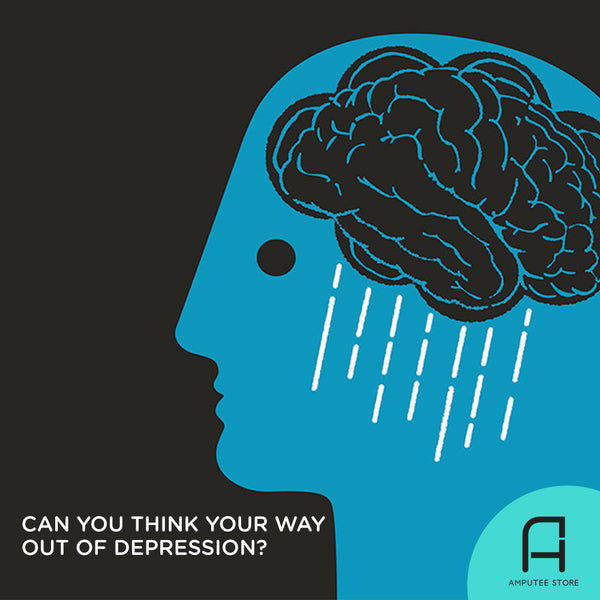Can You Think Your Way Out of Depression?
Psychotherapy and regular talk therapy, with the guidance of a professional, are both proven effective in dealing with depression. Some people can look at how simple these practices appear and think they can get the same benefits through self-reflection and venture to think their way out of depression. Does this DIY approach to treating depression work?

While it’s true that some people can successfully think their way through or out of a low mood, it’s not true for the majority. Some experts warn that it could be harmful. Below are some of the risks of trying to solve depression without proper supervision.
We can form a dangerous echo chamber.
Without helpful outside input, we are good at creating meaning out of situations well after it has passed. Someone’s bad mood can prompt an unlimited number of stories and implications, which may or may not be relevant to the source of the mood.
In the same way, there is a potential for someone to create numerous reasons as to why he or she is feeling down when it could be only due to a thyroid deficiency or other unrelated sources.
We can get caught in a vicious cycle of deconstruction.
It’s easy for us to think (and even believe) that we are terrible at things. While it’s easy to dismiss this as a form of constructive criticism, experts say that the nature of this type of self-focus is far from productive. Indulging in self-blame can lead to getting caught in a vicious cycle of deconstruction of the self.
Furthermore, when these self-destructive thought patterns are repeated, we expose ourselves to a higher risk of severe depression.
Once this pattern is established, it’s hard to stop.
When depression takes a firm hold, it’s almost impossible to squelch it. The trick is to engage your thoughts without getting entangled in them. Some people eventually figure out how to do this on their own, while others turn to cognitive behavioral therapy, acceptance therapy, and mindfulness, which teach techniques that diminish destructive overanalyzing.
The bottom line is it’s difficult to detach yourself from your thoughts completely. The key to successfully thinking your way out of feeling blue is to learn how to separate yourself from the stream of harmful thinking so you can objectively examine your thoughts. To maintain psychological health, we highly recommend seeking the help of a psychologist or psychiatrist. This also saves you from inflicting more pain on yourself.
What do you think? Have you ever thought your way out of depression?









































































